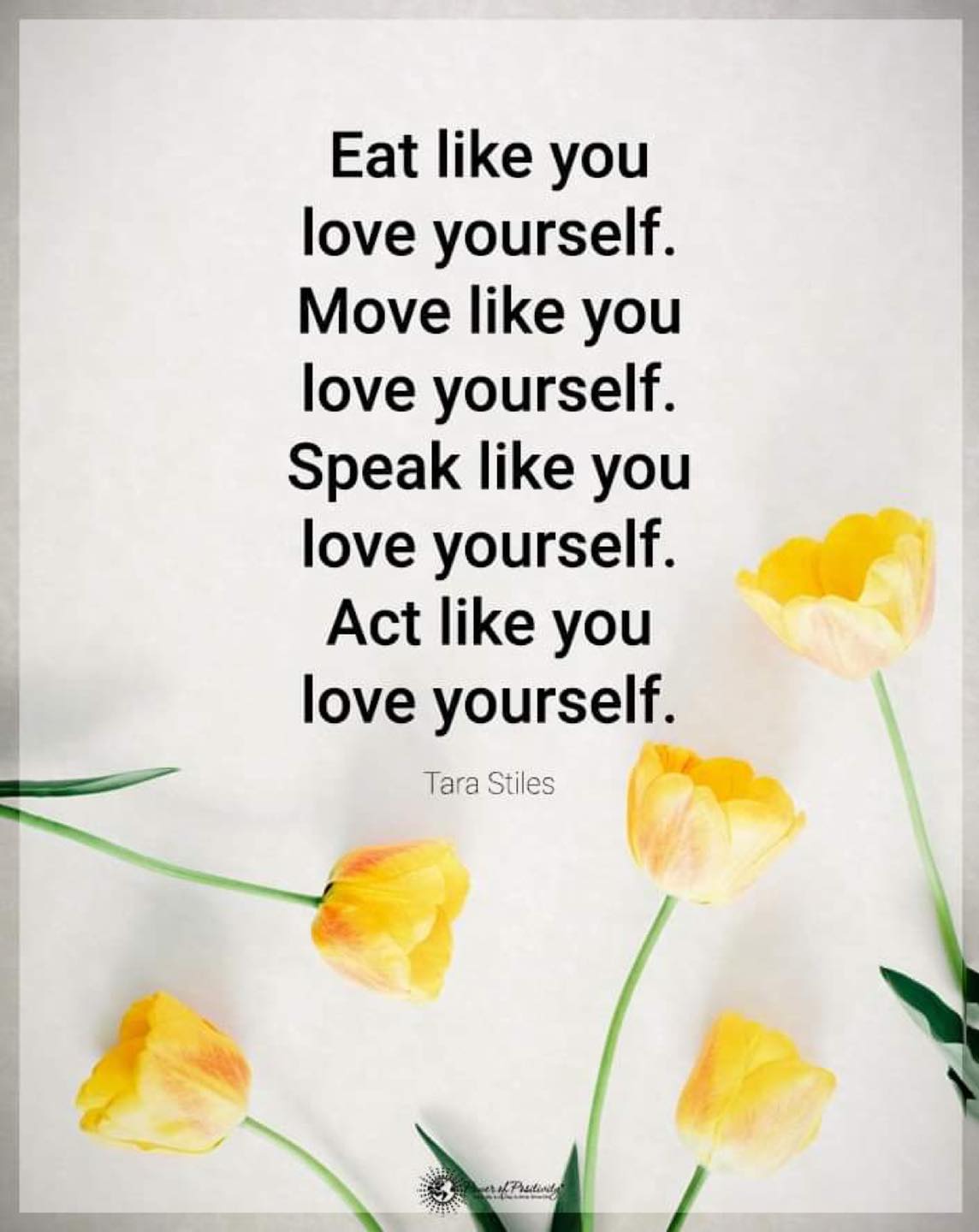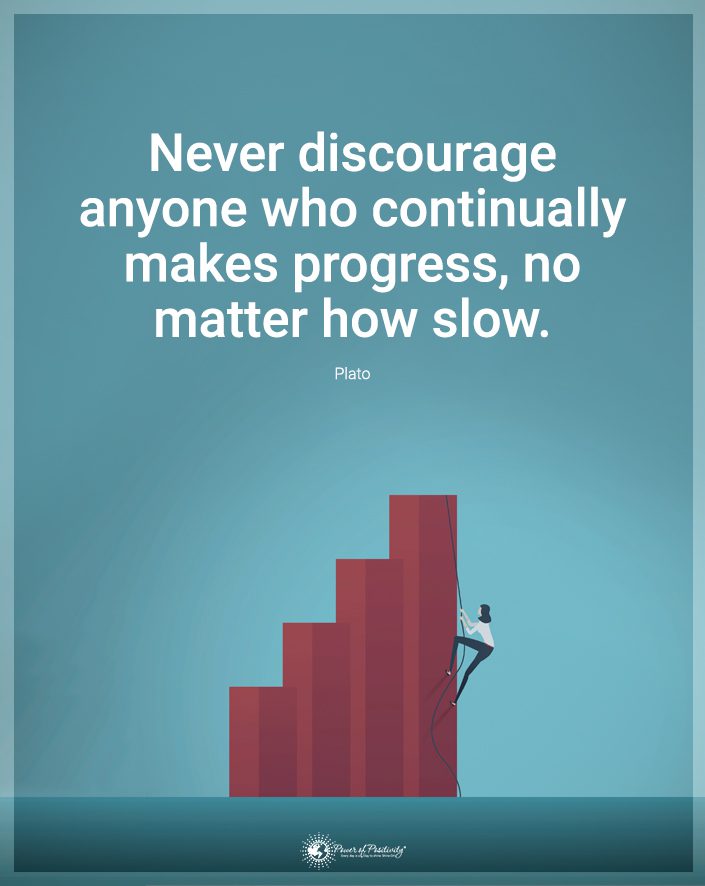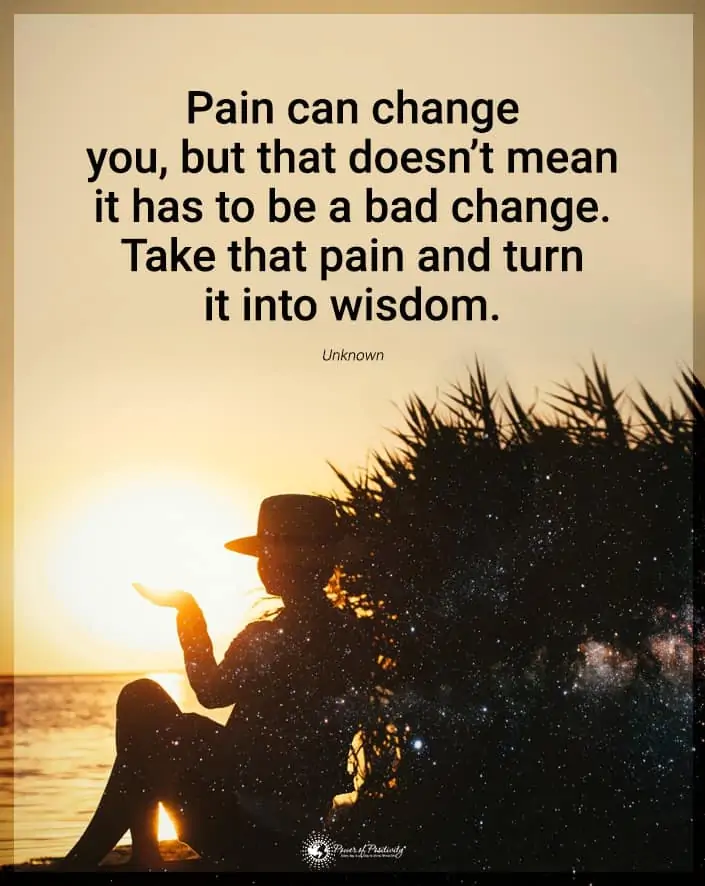Most people think that hunger and appetite are the same things, but there’s a vast difference. These words are related to consuming food, but they aren’t synonymous. Knowing the difference may help you better understand your eating habits.
It’s often been said that people first eat with their eyes. When you see a delicious dish of food, you activate your pleasure centers before you take your first bite. Are you hungry or simply craving the delicious food in front of you?
Do you only eat when you’re starved and stop when you’re full, or are you tempted to overeat? You may chalk it up to a healthy appetite, but you may feed your body more than it needs. How can you tell the difference between the two experiences?
Your body converts food into energy by a process called metabolism. When you have an average or high metabolism, you expend most energy and save a small portion of fat in your body. It’s an evolved survival mechanism in humans that you can use in case you’re starving.
You’ll usually maintain a healthy weight when your food consumption and energy expenditure are roughly equal. If you have an energy or caloric deficit, you burn more than you consume and lose weight. However, eating more calories than you burn leads to excess fat storage or obesity.
An Illustration of a Women Who Learned the Difference Between Hunger and Appetite
Consider Rachel. She had a few health issues as a child that often kept her indoors and isolated. Her parents didn’t want her to feel bad, so they showered her with sugary sweets and other comfort foods.
The good news is that Rachel’s health improved, but she was overweight. She was often teased and bullied throughout her school years because of her size. Rachel ran to what had always comforted her and eased the anxiety, which was food.
It wasn’t until later in life that she discovered she wasn’t eating because she was hungry. She was an emotional eater, and she eventually learned better coping skills. Today, she is flourishing and helping others on their journey to a healthier lifestyle.
Six Primary Differences Between Appetite and Hunger
Enjoying balanced meals and an active lifestyle is crucial to your future well-being. How do you know if your eating habits are based on eating when you’re hungry or bored? These are six significant differences between appetite and hunger to consider.
1. Physical vs. Psychological
You’ve been working all day without a lunch break, and suddenly it hits you in the late afternoon. Your stomach growls and rumbles like an angry grizzly, accompanied by a slightly gnawing pain deep in your gut. It’s that familiar way that your body is telling you that you need food, and you need it now.
You have these signals because you’re hungry, states an article published by Dalhousie University. When your stomach is empty, the smooth muscles within its walls contract, causing pangs and bubbly noises. As your glucose levels drop, your liver and pancreas alert your brain that you’re hungry.
You immediately recognize these physiological signals and head to the kitchen for something to satisfy your hungry belly. As you ingest food, your stomach expands, and your body sends chemical messages to your brain that it’s complete. Then, you’ll experience that warm, pleasant feeling of satiety as your body turns the food into fuel.
Conversely, your appetite is a psychological experience that has nothing to do with the physiological cycle of being hungry. It doesn’t depend on whether your stomach is full or not. You can be full but still eating because of mental cues.
2. Needing vs. Wanting
The digestion process draws your food’s vitamins, minerals, and calories. It turns these calories into energy to keep your body healthy, strong, and working efficiently. According to a book excerpt published by the National Library of Medicine, women need an average of 2,000 calories daily, and men need an average of 2,500.
Of course, these are average guidelines, and caloric intake may vary according to other aspects. If the body doesn’t receive proper nutrition, it goes into starvation mode, and your health declines. After approximately a month to 70 days, starvation will lead to death.
In this respect, you feel hungry because your body needs food. It’s not a suggestion or a choice. You eat that plate of delicious food because your body must have it to survive.
Remember as a child when your parents lectured you on the difference between a want and a need? Perhaps you told them that you needed that new toy. They reminded you that you may have “wanted” the toy, but it wasn’t a life-or-death need.
Likewise, your appetite is based on your wants and not your desires. You may want that second slice of cheese on your sandwich, but you don’t need it. The sandwich will still be just as tasty and delicious.
3. Eat to Live vs. Live to Eat
Many people don’t wait until hunger sneaks up on them to search for a snack. The three-meals-a-day ideal is ingrained in American culture. It’s probably automatic that you have breakfast in the morning. Then, you have lunch in the afternoon and dinner or supper in the evening.
When your body gets used to an eating schedule, you may feel a bit hungry if that schedule is disrupted. Some people don’t often sit down to full meals but rather graze throughout the day as they get hungry. Even more, folks eat full meals plus graze on snacks between those meals.
Such mindless eating falls under the heading of appetite rather than being hungry. You may be watching a TV show and devouring an entire bag of chips without realizing it. It’s not that your stomach was telling you that you’re hungry. Rather, it’s just a mindset of eating because of your appetite.
4. Open Attitude vs. Specific Items
If your belly is growling and your blood sugar levels are plummeting, just about anything looks delicious. You may prefer a T-bone steak, but you’ll not decline a tasty bologna sandwich. In true starvation, humans may resort to eating anything to ease their agonizing bodies.
Unless you’ve experienced starvation, your appetite prefers specific food. Nobody’s taste buds are the same, so eating preferences are expected. You know what foods you enjoy and despise, and you should plan your eating habits around those appetite choices.
You probably wouldn’t be as picky if you were hungry to the point where your insides ache. You’d be more apt to dig into any dish set before you on the table. In starvation mode, you wouldn’t be above digging in dumpsters or eating other disgusting things.
5. Gradual vs. Sudden
Another significant difference between appetite and hunger is that you’re usually not suddenly hungry. If you had a satisfying meal, it takes time to digest and turn into fuel. Unless you have diabetes, your blood glucose levels will stabilize and sustain you until you’re hungry again.
It’s a different scenario when the urge hits you suddenly. For example, you just had a satisfying meal before heading to the mall. As you pass the food court, you’re immediately enticed by the intoxicating aroma of cinnamon pretzels.
You had enough food to fill your stomach, but that soft, hot pretzel was a sudden temptation. There would be no more shopping until you stood in line and purchased a bit of sweet and salty heaven. These cravings aren’t like the gradual process of your body signaling that you’re hungry.
6. Automatic vs. Triggered
Fortunately, your body won’t let you forget that you need to eat. Unless you’ve been diagnosed with an eating disorder, you needn’t set the alarm to remind you. It’s an automatic reaction when your body tells your brain that you’re ready for food.
Food cravings are often based on emotional triggers–a response to stress and negative emotions. Have you ever described yourself as an emotional eater?
When you’re stressed or feel bad, you may turn to food to relieve the anxiety. These negative feelings are triggers for you to raid the cabinets and refrigerator.
Your mind may trick you into thinking you’re hungry, but that’s not the case. Emotional eating is often a learned pattern from childhood. You may equate food with the warmth, love, and acceptance you crave.
Final Thoughts on Recognizing the Differences Between Hunger and Appetite
Are you eating to live or living for the next yummy snack? Knowing the difference can be a turning point in your life. Once you learn to eat when you’re hungry and not your random appetite, you may take control of your weight and general health.

















 Community
Community

